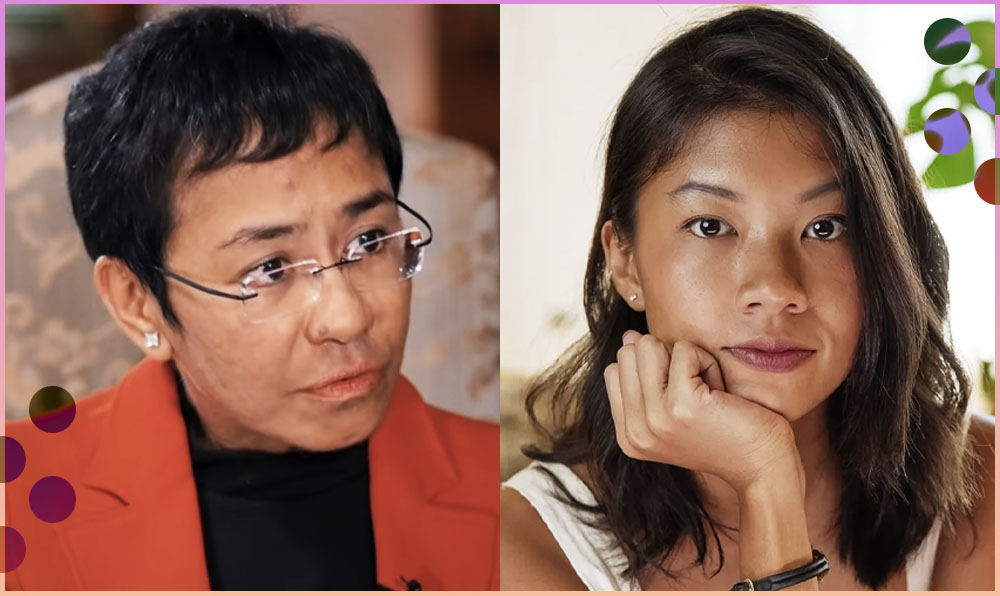The Philippines is currently the 7th most dangerous country for journalists according to The Committee to Protect Journalists’ Global Impunity Index. And so it came as a welcome surprise when Rappler co-founder and CEO Maria Ressa was awarded a Nobel Peace Prize for standing up “in a world in which democracy and freedom of the press face increasingly adverse conditions,” as the Norwegian Nobel Committee put it.
In its acknowledgement of the award, Malacañang denied censorship in the country and reiterated that Ressa is a “convicted felon.” Presidential spokesperson Harry Roque said in a press briefing, “There is no slap [on the government] there because as everyone knows, no one has ever been censored in the Philippines.”
Meanwhile, Ressa receiving the historic award in Norway is still up in the air after being deemed a “flight risk.” In support, the United Nations has urged the Philippine government to withdraw travel restrictions placed on Ressa.
To recognize the contributions of this year’s Nobel Laureates, the Nobel Peace Center will open an exhibition on their works on Dec. 11. The center enlisted photojournalist Hannah Reyes Morales to depict Ressa’s work for freedom of expression in the Philippines.
View this post on Instagram
A day after receiving the Nobel Peace Prize in Oslo, Peace Prize laureates Ressa and Muratov are scheduled to open the exhibition. It will also celebrate Ressa’s fellow Nobel laureate and journalist Dmitry Muratov of sociopolitical Russian newspaper Novaya Gazeta with shots by Nanna Heitmann.
“We are very happy to have worked with two such talented, young documentary photographers, who are also from the Nobel Peace Prize laureates’ home countries. They are therefore very experienced in working under trying conditions for freedom of the press and expression,” Nobel Peace Center director of exhibitions Nina Frang Hoyum says in a statement.
Morales is a multi-awarded photographer whose work focuses on inequality, poverty, and injustice. She has previously documented President Rodrigo Duterte’s war on drugs and human trafficking in the Philippines. For the Nobel Peace Prize exhibition, she has created a documentary photo series that “depicts how social media permeates everyday life in the Philippines, where the population is online for an average of ten hours per day.”
“This commission has been one of the most challenging I have ever worked on,” says Morales. “This work is personal: like many of us at home, watching the consistent assault on truth has been deeply disturbing. I’ve been able to take a closer look at the chaos that is rooted online, and in the dark, I was reminded constantly that on the other side of the screen are people.”
Will Ressa get to accept an award for her work involving the freedom of the press and view an exhibition on disinformation made in her honor? Ressa’s conviction in a cyberlibel case has been widely criticized as an attack against press freedom. Would the Philippine government receive further backlash if her request gets denied? We’ll soon find out.
Art by Pammy Orlina
Follow Preen on Facebook, Instagram, Twitter, TikTok, YouTube, and Viber


